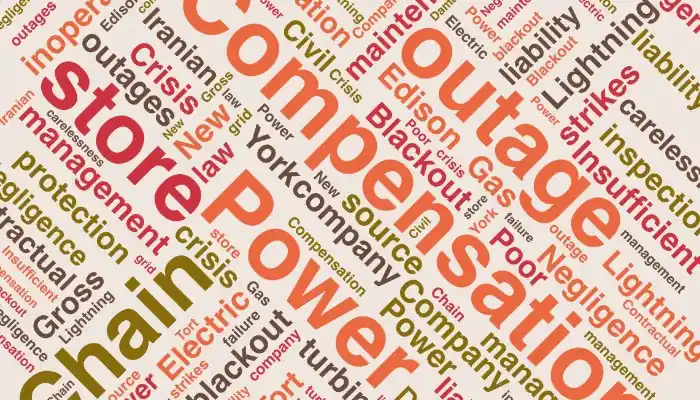A producer who sought to expand their business and create substantial employment approached a bank and won a legal dispute against it. The court released the collateral that was outside the project scope, and the bank was forced to comply with regulations prohibiting the acceptance of collateral beyond the project. This case serves as a lesson for banks to adhere to the laws and facilitate financial matters to aid the country’s economic development.
In these tough economic times, we hear bitter stories about financial weakening and economic crises affecting our people. Today, we want to share a story about a local producer who, aiming to expand their business, approached a bank to obtain a loan to establish a large production unit for packaging dried fruits.
With hopes of creating substantial employment and expanding their business, the producer signed a contract with the bank. However, instead of facilitating financial matters, the bank took collateral that included the producer’s property and even the properties of their relatives and friends. This was despite the fact that the laws of our country generally prohibit such behavior in most cases.
With the onset of the financial and economic crisis in the country, the producer was unable to repay the loan on time, and the bank promptly moved to recover its claim by selling the collateralized properties. This was despite the fact that, legally, the bank was not entitled to demand collateral from the producer beyond the property related to the production project.
On behalf of the producer, a legal suit was filed against the bank. Ultimately, the court ruled in favor of the producer and released the collateral outside the project. This ruling was based on laws enacted to facilitate investment and create more employment in production and export projects. These laws required banks not to take property collateral outside the project without the borrower’s consent.
This case serves as an experience for producers and individuals who intend to engage in production and export activities through bank loans. It also highlights that banks should pay greater respect to the laws of the country and, instead of taking undue advantage of people, should strive to facilitate financial matters and contribute to the country’s economic development.
Although this producer ultimately succeeded in securing his rights through the court, it is important to remember that this path can be more difficult for many people than it seems. To prevent such problems in the future, it is recommended that before signing any bank contracts, individuals should fully understand their rights and obligations and, if necessary, seek advice from legal consultants.




